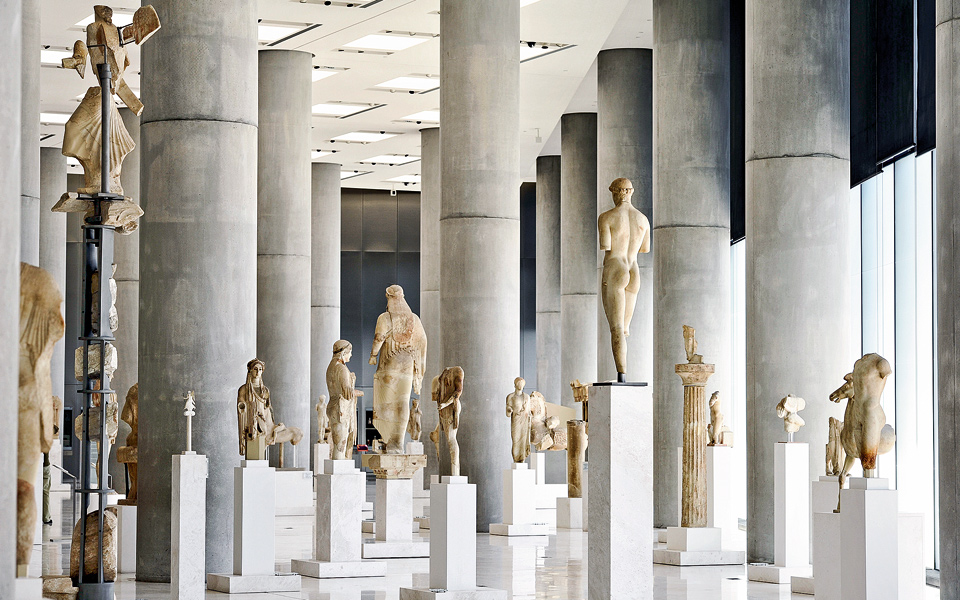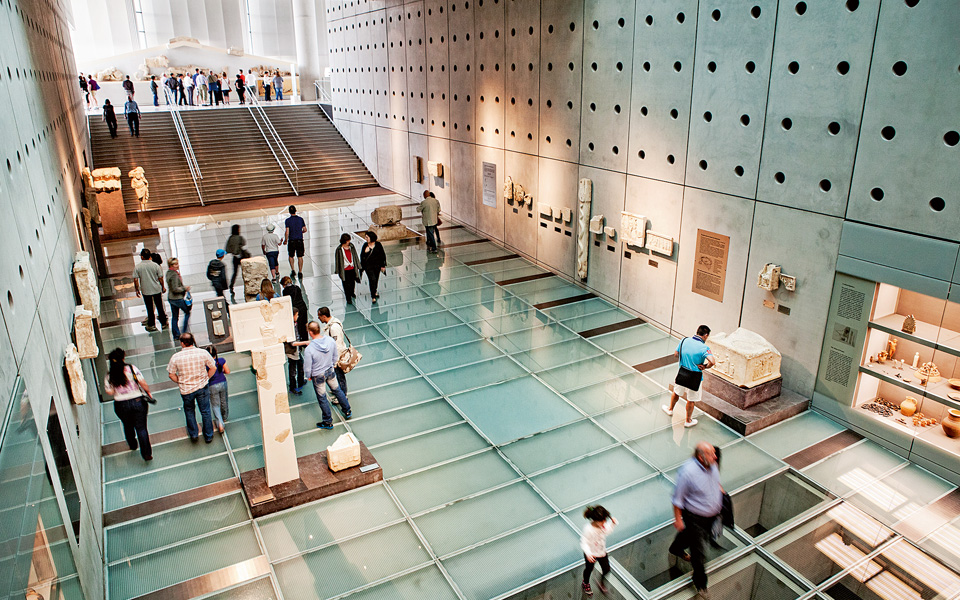Nine in ten Greeks regard archaeology as valuable, useful, fascinating and important in building a national conscience and identity, well above their peers in eight other European countries, according to a new study.
More than half of Greeks (55 percent) rank it very highly as a science and believe it plays an important role in defining Greek identity, yet 62 percent also think that it is often overlooked. Moreover, while 72 percent of Greeks think that the state is responsible for managing a country’s archaeological heritage (well above the European average), 62 percent are disappointed by maintenance and promotion efforts, saying that there is a lack of efficiency in the field, particularly since the start of the economic crisis.
These and more interesting findings have emerged from the study by NEARCH, a project funded by the European Commission to research the different dimensions of public participation in archaeology today, which was conducted in Germany, France, Italy, the Netherlands, Poland, Spain, Sweden, the United Kingdom and Greece.
“Europeans and Archaeology” is the first comparative survey of its kind to be carried out in Europe and the first in Greece that questions the public about its view of archaeology. Researchers interviewed 4,516 respondents over the age of 18, using a questionnaire that was designed by the project’s partners and the American market research firm Harris Interactive.
In Greece, the survey was conducted by Thessaloniki’s Aristotle University, with a team headed by history and archaeology professor Kostas Kotsakis and including archaeologist and museologist Eleftheria Theodorou and cultural history assistant professor Kostas Kasvikis from the University of Western Macedonia.
“It is remarkable that with such an extensive and renowned archaeological legacy, Greece has never seen a state initiative aimed at evaluating its importance to the public and at maximizing this effect,” says Kotsakis.

© Vangelis Zavos
According to the study, 55 percent of Greeks believe archaeology to be important as a part of Greek history, compared to an average of 4 percent among respondents in the other countries surveyed.
Drawing information mainly from documentaries, television and radio (60 percent), archaeological sites and exhibitions (50 percent), archaeology websites (31 percent) and the press (24 percent), the vast majority of respondents (90 percent) said they have visited an archaeological site, museum or monument, yet few participate in archaeologically themed initiatives.
“The idea of archaeology as something that is valuable and useful is part of the national narrative, yet appears to have a very small impact on people’s day-to-day lives,” observes Kotsakis.
That said, the overwhelming majority of Greeks believe that developing the country’s archaeological resources (95 percent) and preserving/maintaining the country’s ruins and relics (93 percent) are important for the country on a national, economic and educational level. For 82 percent of respondents, managing Greece’s ancient heritage is the job of the state and for 66 percent excavations are too.
Even though most Greeks think that archaeological research is conducted by museums (82 percent) and to a lesser extent universities (57 percent) and public research centers (40 centers), they also believe that more interaction is needed so that the country’s archaeological legacy is better presented by museums.
“It is true that our understanding of the role that the past can play is often one-sided. The message we get through our education system regarding our relationship with ancient history is sort of absolute,” says Kotsakis.
“This is not only the case in Greece. In every country in the world, education tries to teach history without too many nuances. But when it comes to conveying archaeology to the public, we need to find ways of presenting all the different nuances that you will not find in the school curriculum, in a way that is more critical and which questions the stereotypes most people have about the past,” adds the academic.
This article was first published on ekathimerini.com











